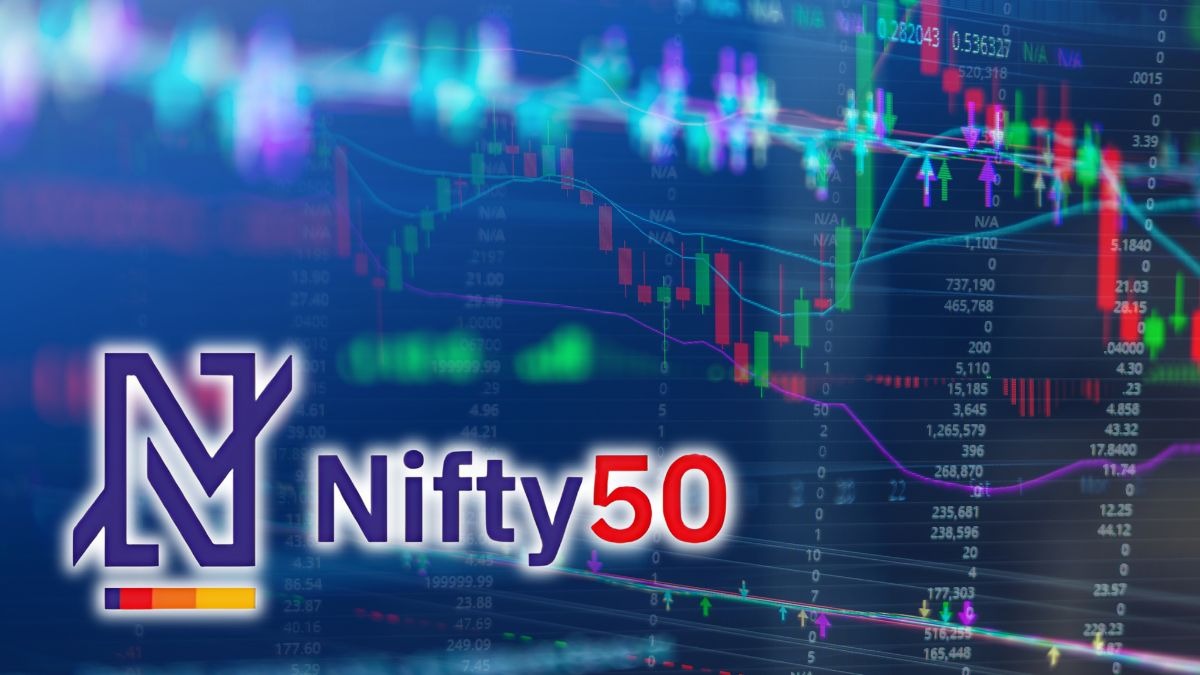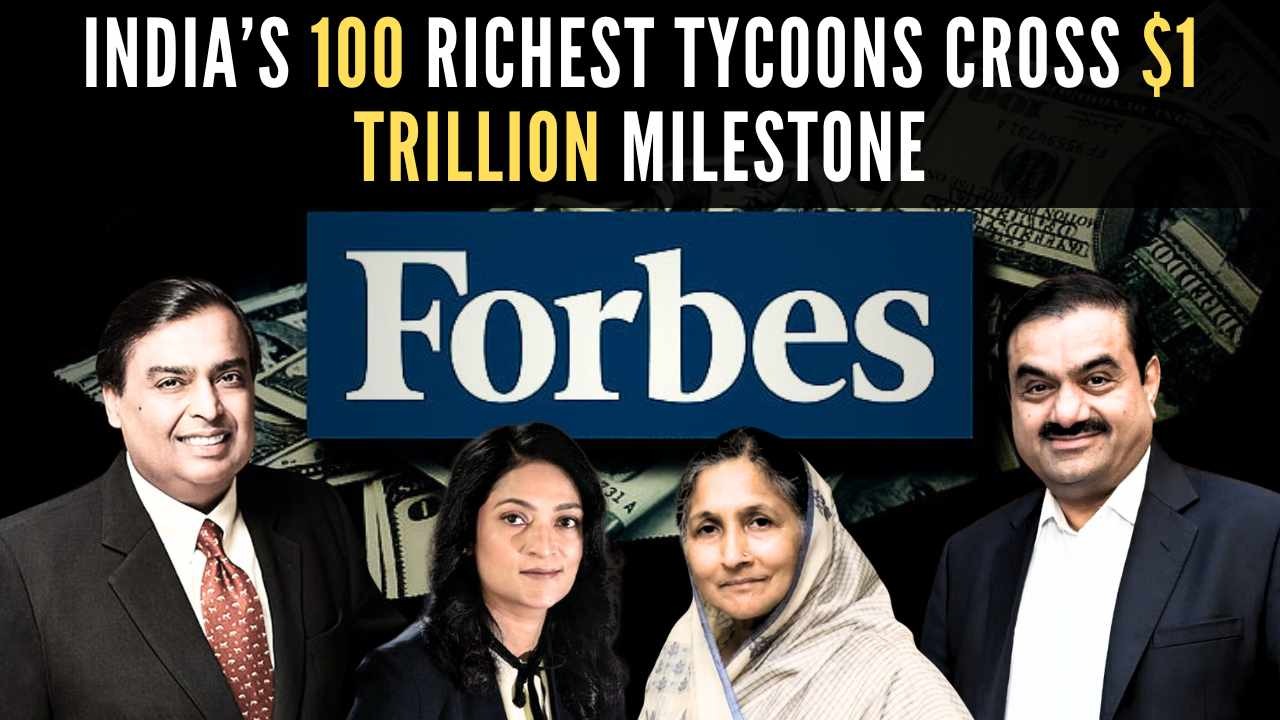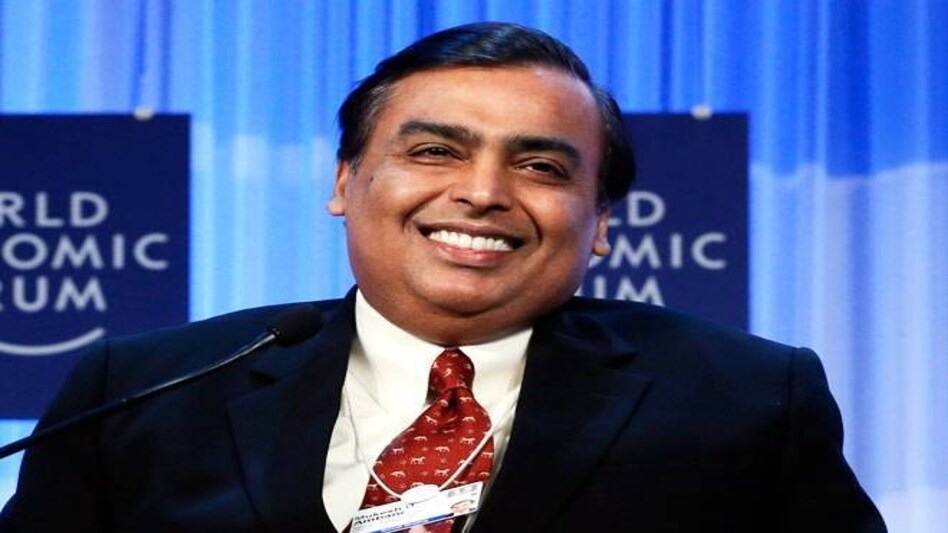Reliance Industries, Tata Group, and Aditya Birla Group are aggressively expanding into India’s luxury sector, driven by rising aspirational demand, digital-savvy consumers, and a booming $10 billion market projected to triple by 2030. Their strategies include luxury malls, curated fashion platforms, and global brand partnerships to capture premium consumer spending.
India’s luxury market is undergoing a seismic shift, and the country’s top conglomerates are leading the charge. Reliance Industries, Tata Group, and Aditya Birla Group are investing heavily in premium retail, fashion, and lifestyle experiences, signaling a new era of consumer sophistication and brand storytelling.
Key highlights:
- Reliance Industries leads with scale and global tie-ups
Through Reliance Brands and Jio World Plaza, the company has partnered with international luxury giants like Jimmy Choo, Burberry, and Armani. It’s building luxury malls and exclusive brand stores to tap into India’s growing appetite for high-end fashion and lifestyle.
- Tata Group focuses on curated digital luxury
Tata Cliq Luxury, launched in 2016, bridges the gap in premium online retail. With over 1,500 global and Indian brands, it offers categories like fashion, beauty, jewellery, and home décor. The platform emphasizes storytelling, heritage, and mindful consumption.
- Aditya Birla bets on ethnic and contemporary fashion
Through brands like Jaypore and The Collective, Aditya Birla Fashion and Retail is blending traditional Indian craftsmanship with modern aesthetics. Its strategy includes expanding premium ethnic wear and launching experiential stores.
- Market potential and consumer evolution
India’s luxury market, currently valued at $10 billion, is expected to reach $30 billion by 2030. The rise of first-time luxury buyers, especially among the youth and tier-2 cities, is fueling demand. Older consumers with disposable income also form a key segment.
- Shift from generational wealth to aspirational spending
The luxury narrative is no longer confined to legacy affluence. Today’s buyers are well-traveled, digitally confident, and seek value through experience, exclusivity, and brand ethos.
- Infrastructure and retail innovation
Premium malls, pop-up stores, and immersive brand experiences are becoming central to luxury retail. These conglomerates are investing in design, tech, and customer engagement to elevate shopping into a lifestyle.
- Strategic timing and digital confidence
The post-pandemic surge in online shopping for high-value items has accelerated digital luxury adoption. Platforms now cater to consumers across India, not just metro cities.
Sources: Business Today, Farmonaut, PIB India.








